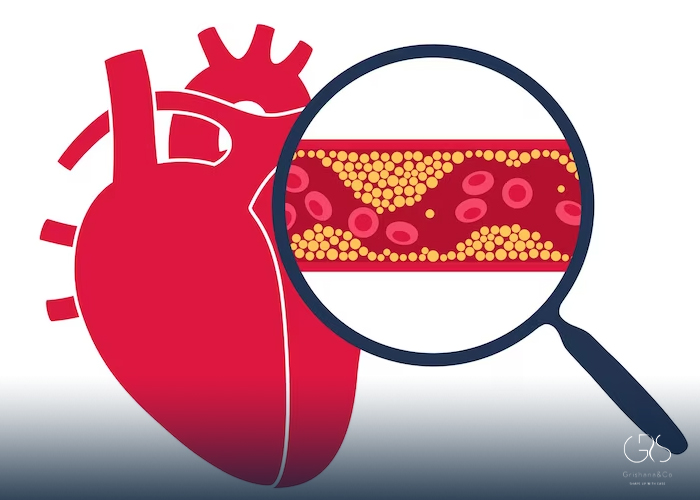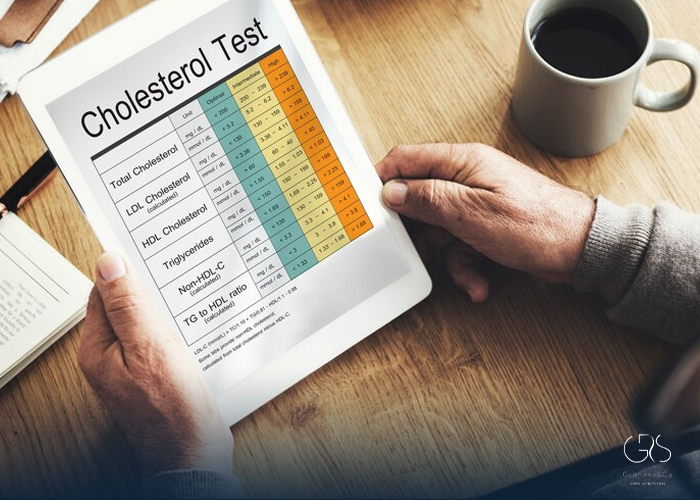High cholesterol is a major concern for many individuals as it is linked to an increased risk of heart disease and other health issues. While genetic factors and lifestyle habits play a significant role in cholesterol levels, diet also plays a crucial part. In this comprehensive article, we will delve into the realm of high cholesterol foods, examining the impact they have on our cholesterol levels and exploring healthier alternatis.
High Cholesterol Foods: The Culprits Behind Elevated Cholesterol Levels
1.Red Meat and Processed Meats
- Statistics: According to studies by the American Heart Association, a high intake of red meat and processed meats has been linked to higher levels of LDL cholesterol, also known as “bad” cholesterol.
- Perspective: Consider discussing the cultural significance and diversity of meat consumption worldwide, addressing both the health implications and cultural norms associated with meat consumption.

2.Cheese
- Statistics: The Harvard School of Public Health reports that cheese is a significant contributor to dietary cholesterol intake and saturated fat.
- Perspective: Explore various perspectives on cheese, such as its role in different cuisines, vegan alternatives, and the rising popularity of plant-based cheeses.
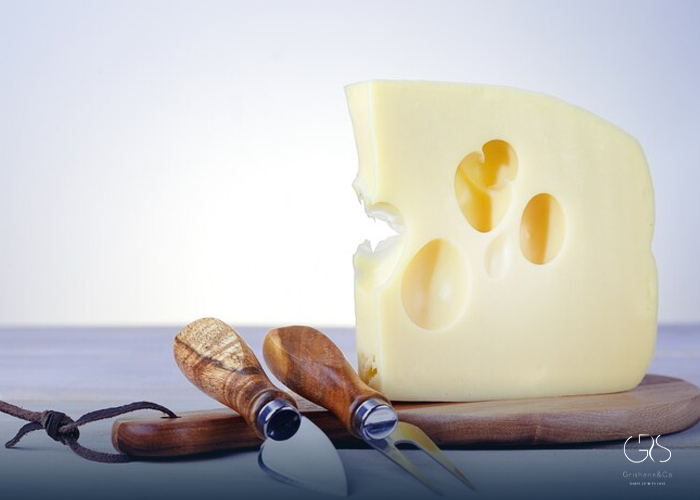
3.Shellfish
- Statistics: The National Cholesterol Education Program states that shellfish, although low in saturated fat, can be high in cholesterol.
- Perspective: Provide insights into the nutritional benefits of shellfish, including essential vitamins and minerals, while highlighting the need for moderation due to their cholesterol content.
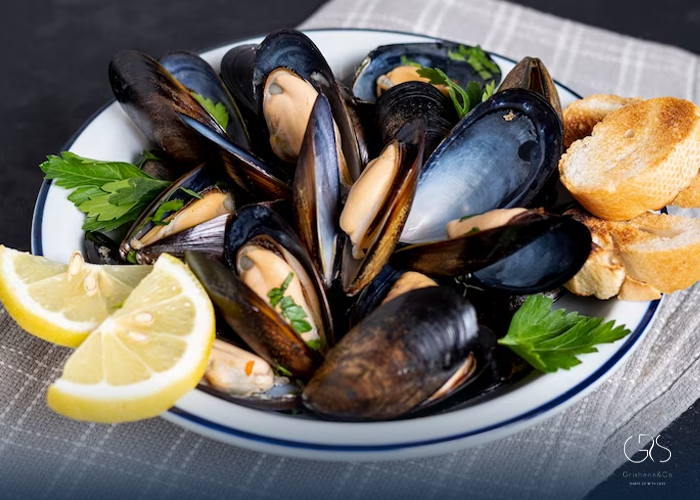
4.High-Fat Dairy Products
- Statistics: Research studies from the Journal of the American College of Nutrition suggest that high-fat dairy products, such as whole milk and full-fat yogurt, contribute to increased LDL cholesterol levels.
- Perspective: Discuss the cultural diversity of dairy consumption, with a focus on low-fat alternatives, dairy-free options, and traditional dairy-based cuisines.
5.Organ Meats
- Statistics: The American Heart Association warns that organ meats, like liver and kidney, are incredibly high in cholesterol and saturated fat, contributing to the rise in cholesterol levels.
- Perspective: Acknowledge the cultural significance and culinary traditions associated with organ meats, while highlighting the need for moderation and exploring alternative protein sources.
High Cholesterol Foods to Incorporate for a Healthier Heart
1.Whole Grains
- Statistics: Whole grains, such as oats and barley, have been found to help reduce LDL cholesterol levels, as indicated by studies published by the British Journal of Nutrition.
- Perspective: Discuss the global diversity in whole grain consumption, highlighting traditional dishes and their associated health benefits.
2.Fruits and Berries
- Statistics: The American Heart Association emphasizes the protective effects of fruits and berries due to their high fiber content and antioxidants.
- Perspective: Explore the cultural significance of fruits and berries in different cuisines, focusing on traditional desserts, smoothies, and healthy snack options.
3.Fish
- Statistics: The American Heart Association recommends consuming fatty fish, such as salmon and mackerel, as they are rich in omega-3 fatty acids that promote heart health.
- Perspective: Discuss the cultural diversity of fish consumption, addressing traditional fishing practices, regional delicacies, and vegan alternatives for those who do not consume fish.
4.Nuts and Seeds
- Statistics: Harvard Health Publishing highlights the cholesterol-lowering effects of nuts and seeds, including almonds, walnuts, and flaxseeds. (I suggest reading about the health benefits of walnuts.)
- Perspective: Explore the cultural significance of nuts and seeds, ranging from traditional desserts to plant-based protein sources, and showcase diverse culinary uses.
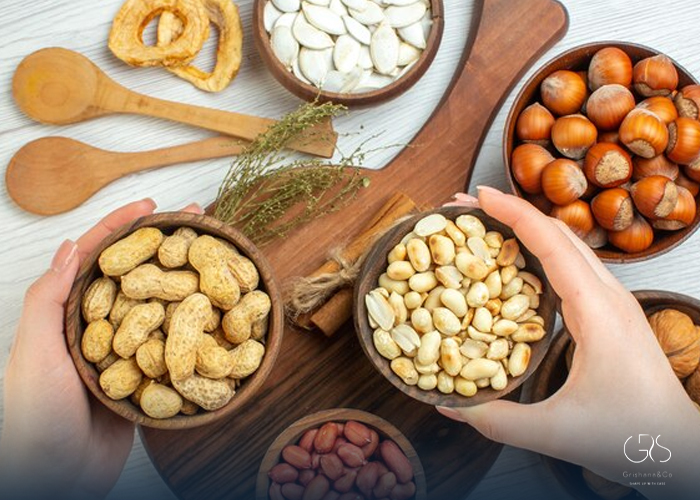
5.Healthy Fats
- Statistics: The Mayo Clinic emphasizes the importance of consuming healthy fats , such as avocados and olive oil, that can help improve cholesterol levels.(If you’re interested in olive oil or avocado oil , check out this informative article)
- Perspective: Discuss the cultural diversity of healthy fat consumption, highlighting Mediterranean and Asian cuisines known for their use of these fats.
Conclusion
By understanding the high cholesterol foods that contribute to elevated cholesterol levels, we can make informed choices in our diet to maintain a healthier heart. This comprehensive exploration of high cholesterol foods has provided insights into the impact of these foods, backed by statistics and diverse perspectives. By incorporating healthier alternatives and making mindful dietary decisions, we can strive towards optimal health and well-being.
Sources
- American Heart Association, Red Meat and Processed Meat
- Harvard School of Public Health, Cheese and Health
- National Cholesterol Education Program, Shellfish
- Journal of the American College of Nutrition, High-Fat Dairy Consumption and LDL Cholesterol Levels
- Mayo Clinic, Healthy Fats and Cholesterol







